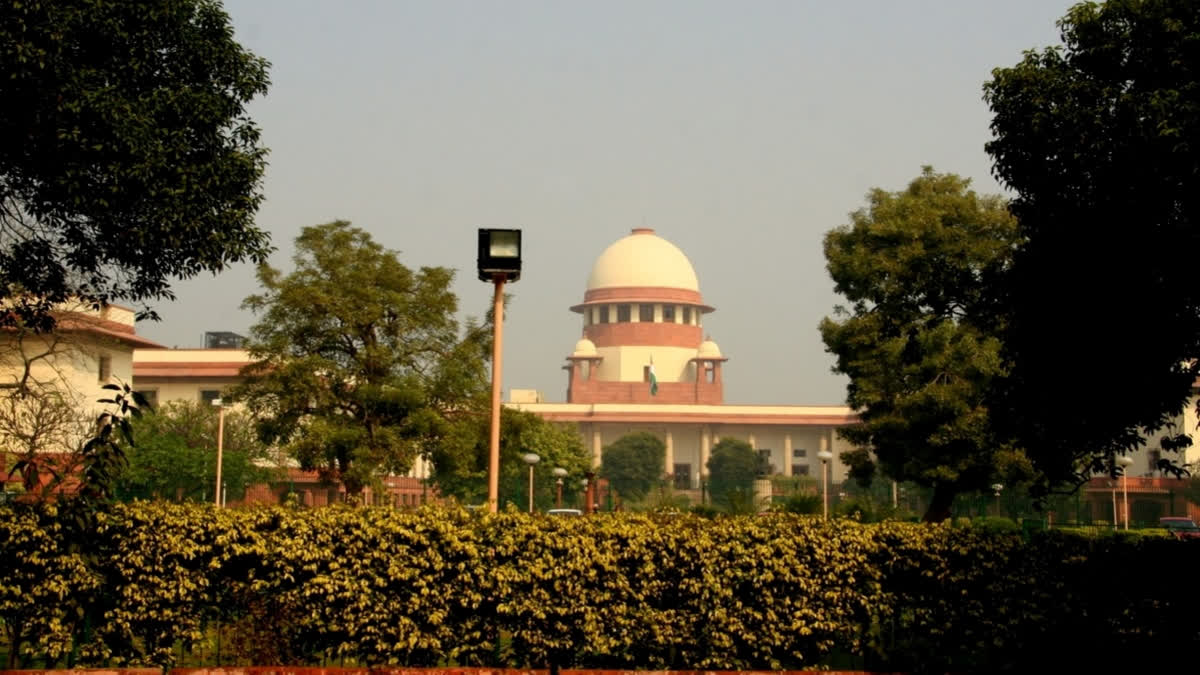New Delhi:The Supreme Court on Thursday said to grant bail and thereafter to impose excessive and onerous conditions, is to take away with the left hand, what is given with the right, and from time immemorial, the principle has been that the excessive bail is no bail.
A bench comprising Justices B R Gavai and K V Viswanathan allowed a plea by a man, who is facing over a dozen FIRs, to use sureties given in one case in all other cases against him. The bench said the Oxford Dictionary defines ‘surety’ as “a person who takes responsibility for another’s obligation” and the advanced Law Lexicon by P. Ramanatha Aiyar, 3rd edition 2005 defines ‘surety’ to mean “the bail that undertakes for another man in a criminal case.”
Justice Viswanathan, who authored the judgment on behalf of the bench, said whether it is to get individuals to stand as a guarantor for a loan transaction or as a surety in a criminal proceeding, the choice for a person is very limited.
He said that it will very often be a close relative or a longtime friend, and in a criminal proceeding, the circle may get even more narrowed as the normal tendency is to not disclose the said criminal proceeding to relatives and friends, to protect one’s reputation. Justice Viswanathan stressed that these are hard realities of life in our country and as a court of law we cannot shut our eyes to them and a solution, however, has to be found strictly within the framework of the law.
“From time immemorial, the principle has been that the excessive bail is no bail. To grant bail and thereafter to impose excessive and onerous conditions, is to take away with the left hand, what is given with the right. As to what is excessive will depend on the facts and circumstances of each case”, said Justice Viswanathan.
